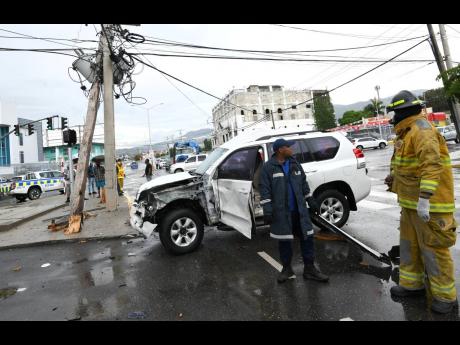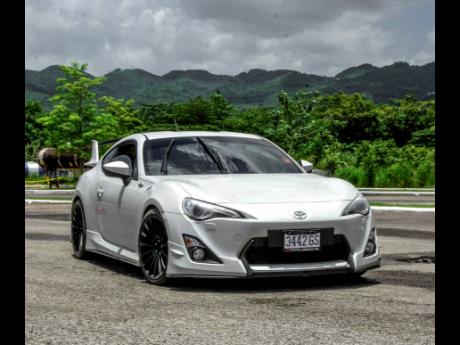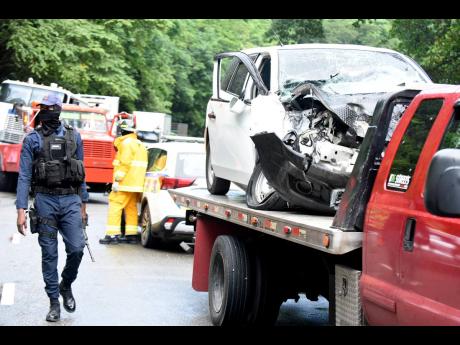How to avoid motor vehicle breakdown day or night
There is an axiom that states that prevention is better than cure. Therefore, it is better and safer to take precaution rather than wait until it is too late. This also applies to car care. “A car is a useful but a highly complicated device that requires steady care and maintenance,” says Joy Bennett, marketing specialist and content creator.
She frequently travels out to the rural areas and so ensures that her motor vehicle is well maintained. “Anything can happen while driving on the Jamaican roads,” Joy Bennett asserts. “I change my oil regularly and check coolant level, the brakes, the tyres, spare tyre, and jumper cable. Also, my car is washed, sanitised and waxed every weekend to ensure that it is safe and ready for the long ride.
Source of despair
According to Kurt Harding, auto mechanic, without an engine that operates at full efficiency, that vehicle is a hazard on the lonely highways and a source of despair for its driver. Harding reminds us of some pointers to consider and avoid unnecessary breakdowns day or night.
1. Let your mechanic check the spark plugs every few thousands of miles. They will last longer if they can be gapped periodically, and a check of this sort will reveal any malfunction in the carburettors that may lead to poor gas mileage and impede performance.
2. The ignition points should be adjusted at regular intervals. When these contacts, which transmit the electric current to the spark plugs, become a few thousandths of an inch out of position, they burn out quickly and mileage and performance again suffer.
3. The ignition system has been called the heart of the engine. As a rule, effective auto mechanics will trace poor performance to the ignition system.
4. If points and plugs are cleaned and gapped, if the engine’s timing is on the mark, if the wiring is in good repair, and if the battery and generator are functioning as they should be, the driver has taken a huge step towards making his or her motor vehicle safe.
5. If you feel or hear any unusual thumping while driving, check your tyres. Bumps, cuts, or bad tread can cause blowouts. Your tyre air pressure should be checked often. The pressure should be checked when tyres are cold.
6. Strong, reliable brakes are an absolute necessity. Any pull or fade that decreases stopping efficiency is just as hazardous as the braking system that stops operating entirely. You should be able to stop smoothly and quickly. If your car pulls to one side when stopping, have your brakes checked.
7. Check the radiator hoses for leaks and cracks. Have the cooling system checked by a competent person. Ensure that the battery terminals are tightly connected and free from corrosion. Also check if there is enough coolant. If it is low, add fluid.
8. For belts, press down on each one with your thumbs. Check to see if they are frayed or cracked. If they are, replace them.
9. Other pointers to consider:
A. Windshield wipers and washers.
B. Instrument panel warning lights.
C. Power steering oil.
D. Horn, hoses, emergency flashers.
E. Headlight, tail light, turn signals, brake lights.



